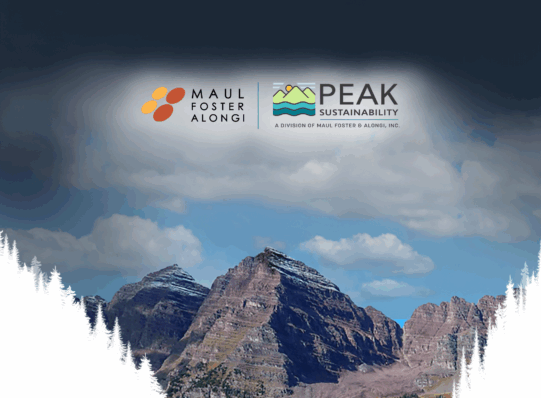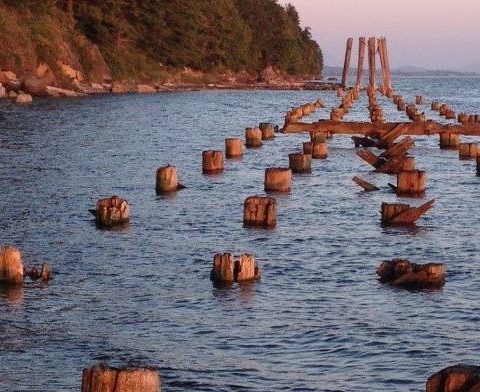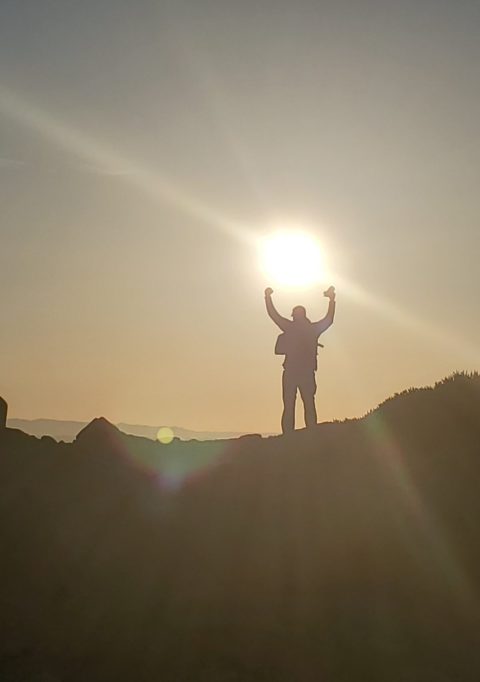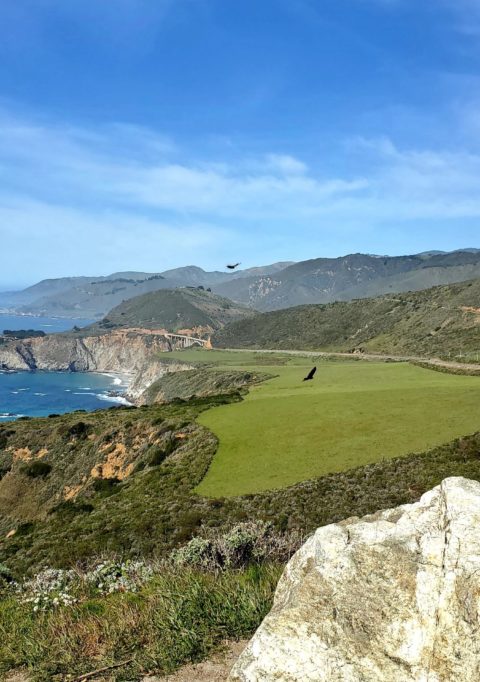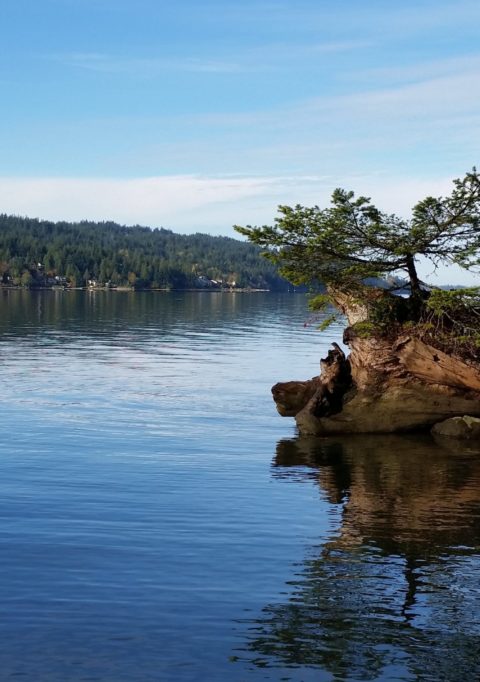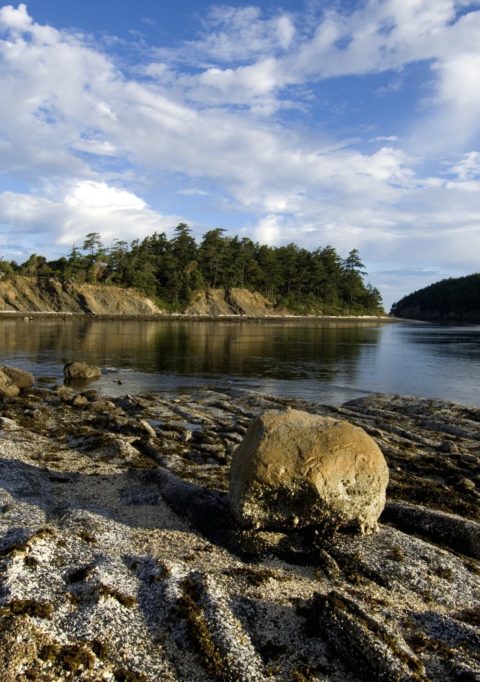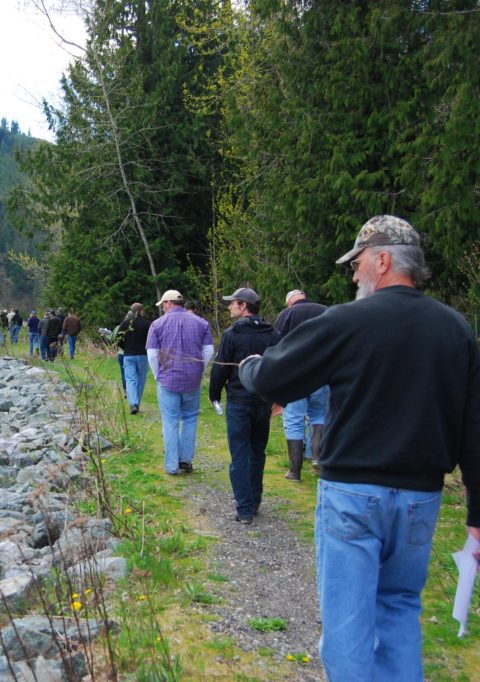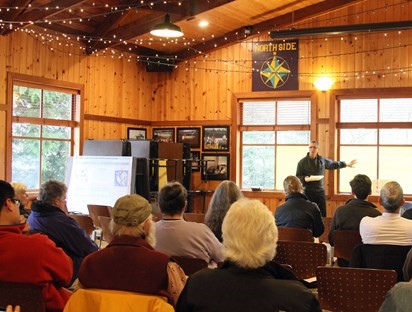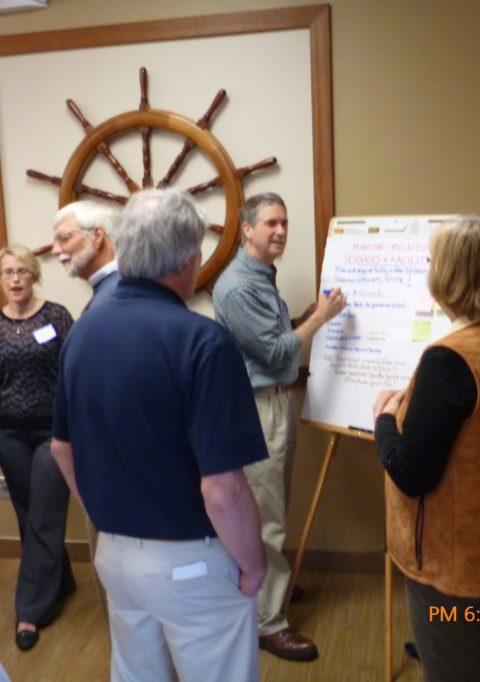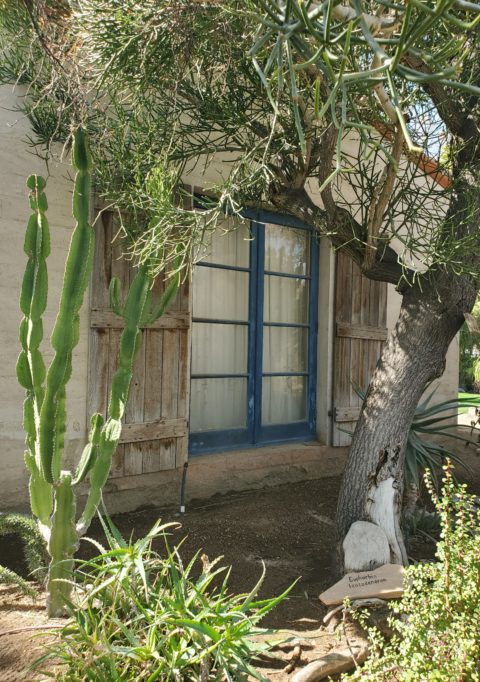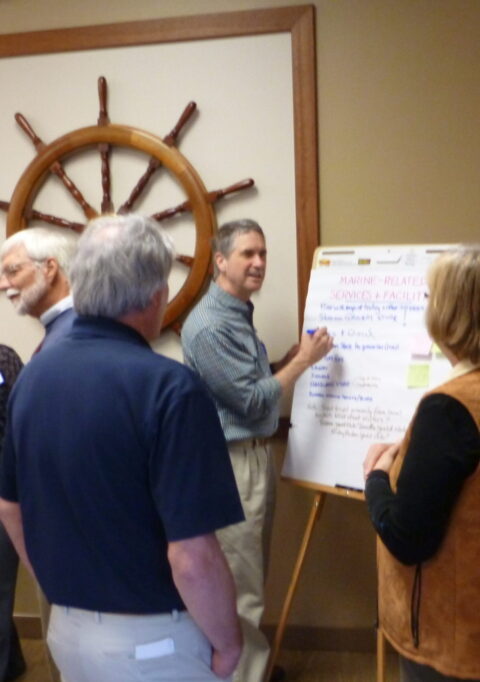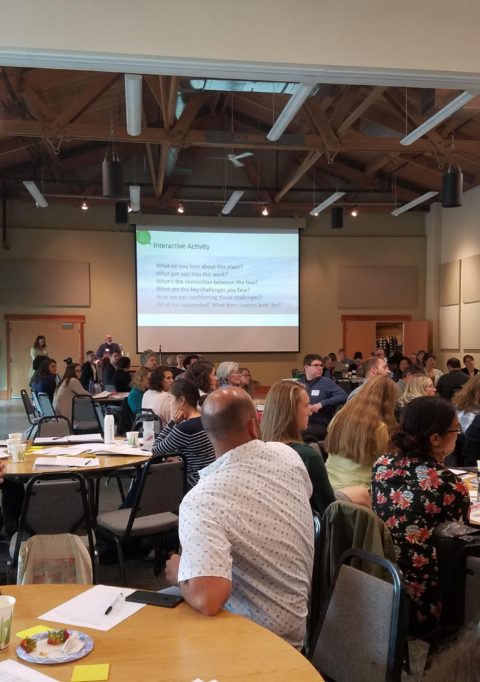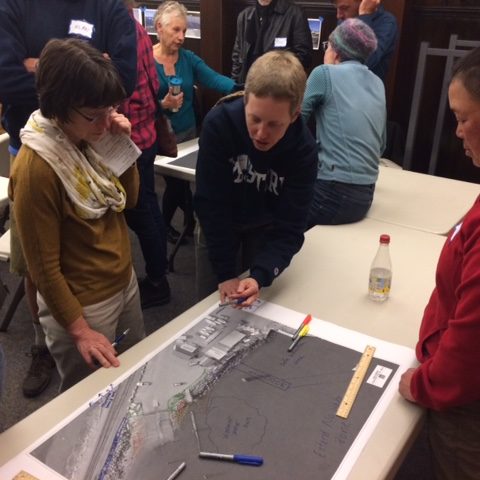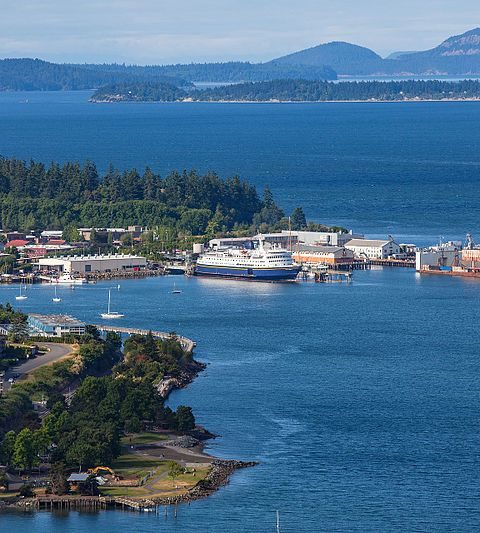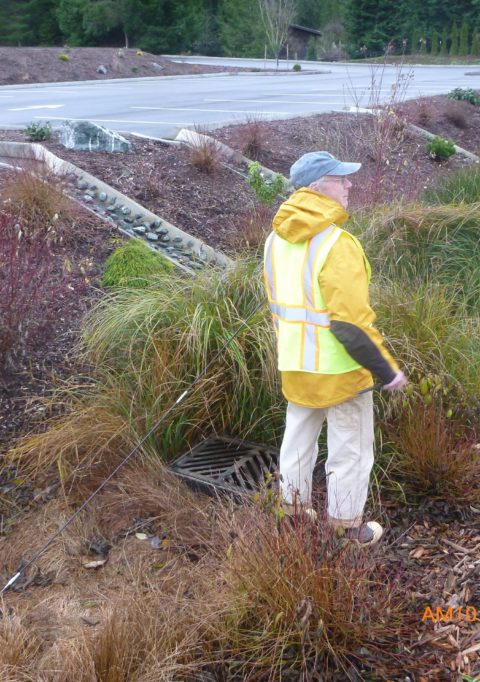Vancouver, Wash. – Maul Foster & Alongi, Inc. (MFA), a leading Pacific Northwest multidisciplinary firm, is excited to announce the acquisition of Peak Sustainability Group, a respected Bellingham, Washington-based firm specializing in climate change and sustainability services. The acquisition of Peak reflects MFA’s ongoing commitment to environmental stewardship and sustainable business practices. This partnership enables MFA…
Which industry is most vulnerable to climate change?
Which industry is most vulnerable to climate change?
The $100 billion coffee industry is one of the world’s most vulnerable to climate change. The plants that grow arabica beans thrive in cool regions with distinct rainy and dry seasons.
But global warming is causing those regions to shrink. Within the next seven decades, arabica is likely to lose at least 50% of its habitat, according to a 2019 report from scientists at Britain’s Royal Botanic Gardens, Kew. As temperatures continue to rise and growers move their farms in search of cooler temperatures, this industry is vulnerable.
So we have meatless meat, eggless eggs, and dairy free milks. Why not coffeeless coffee? This is the office of food tech startup Atomo Coffee, where a team of food scientists and chemists led by friends and co-founders Andy Kleitsch and Jarret Stopforth are working on what they hope will be the successor to meatless meat, eggless eggs, and milkless milk.
Atomo’s coffeeless coffee is made from upcycled ingredients, e.g. sunflower seed husks and watermelon seeds, which undergo a patented chemical process to yield molecules that mimic the flavor and mouthfeel of the real thing. The resulting grounds are brewed just like a regular cup of coffee. And, yes, it has caffeine. Eventually they plan to expand into instant, brew-at-home grounds and whole beans.
